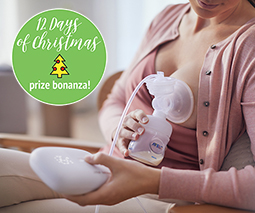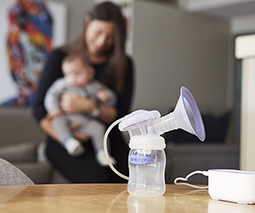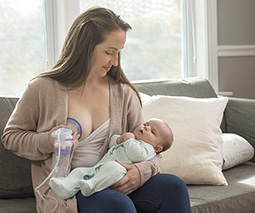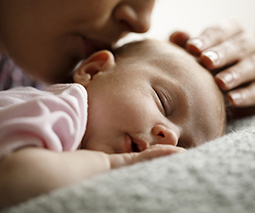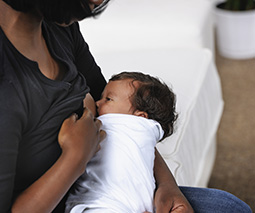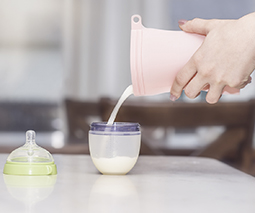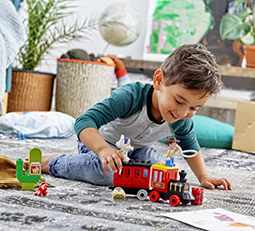How one small change is making breastfeeding easier for mums and babies
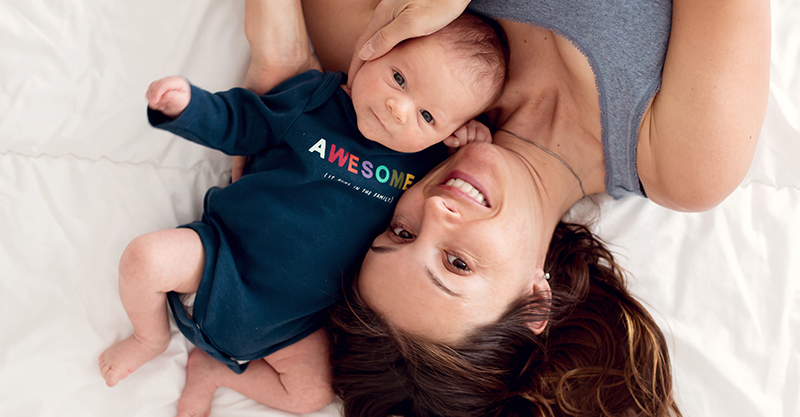
One small shift in how babies are cared for after birth is paying dividends when it comes to breastfeeding success rates.
It’s the bath that makes the difference
A new study published Monday in the Journal of Obstetric, Gynaecological and Neonatal Nursing found that delaying a healthy newborn’s first bath for at least 12 hours after birth improves the likelihood of that baby being exclusively breastfed.
Lead author of the study Heather Condo DiCioccio is a nursing professional development specialist for the Mother/Baby Unit at Cleveland Clinic Hillcrest Hospital in Ohio. Heather told Today that this finding is good news for mums and babies.
“It makes us happy to see that happen. Any increase that we can get in breastfeeding rates is going to be significant.”
Read more about breastfeeding:
- Mum’s extraordinary point on breastfeeding that we’d never thought about
- Supply and demand: 9 tips to increase breast milk supply
- Breastfeeding and mood: Why it can sometimes make you feel high
- Five things that could make breastfeeding easier for new mums
Increasing breastfeeding rates
“The study involved 996 pairs of women and their healthy newborns,” Today reports.
“About half — 448 — fell under the hospital’s previous policy of bathing babies when they were about two hours old. The other 548 mum-baby pairs followed the new protocol — with nurses delaying the first bath for at least 12 hours.”
Comparing the two groups of babies, they found that exclusive breastfeeding rates were 59.8 percent in the two-hour bathed babies group and 68.2 percent in the babies bathed 12 hours after birth group.
“Delaying the newborn bath was associated with increased in-hospital exclusive breastfeeding rates and use of human milk as a part of the discharge feeding plan,” the research team concluded.
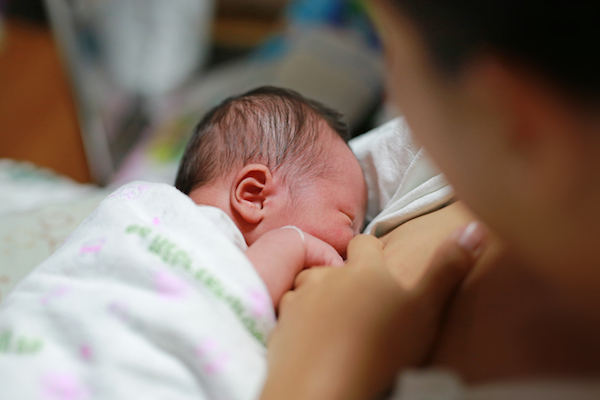
Why does delayed bathing promote breastfeeding?
Why are the ‘delayed bathing bubs’ turning out to be better at breastfeeding? A couple of things are thought to be at play.
It’s suggested that babies receive more skin-to-skin contact with their mothers in those important first hours, and this helps with bonding and breastfeeding. The fact that the benefits were stronger in women who delivered vaginally – rather than by c-section – seems to indicate that immediate skin-to-skin contact is helping breastfeeding outcomes.
Another theory is that the smell of a mother on the newborn’s skin – via amniotic fluid – helps them to familiarise themselves with their mum and makes breastfeeding feel more natural to them.
Whatever the reason, this is fascinating stuff, and a great reason to consider adhering to the World Health Organisation recommendation of delaying newborn baths, if your baby is healthy and has no birth complications.

